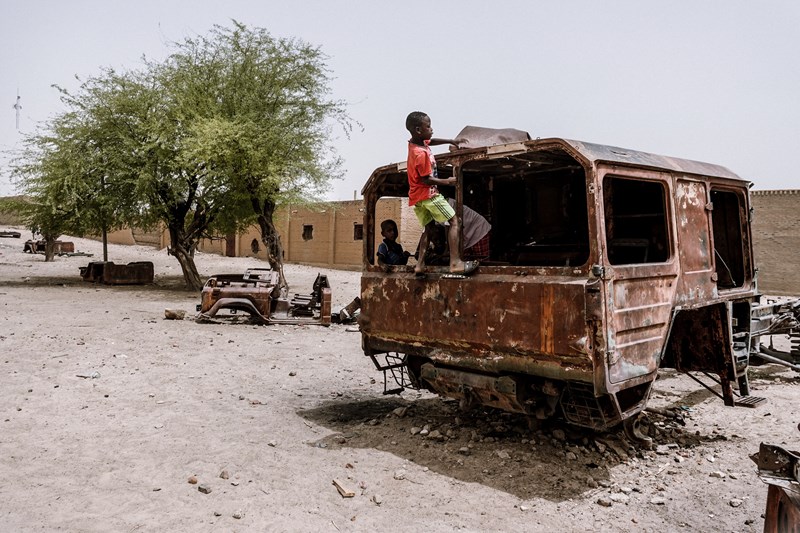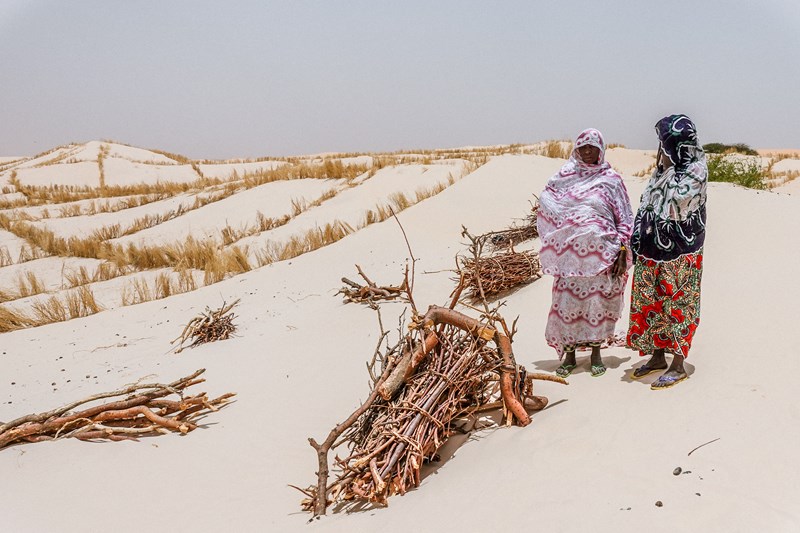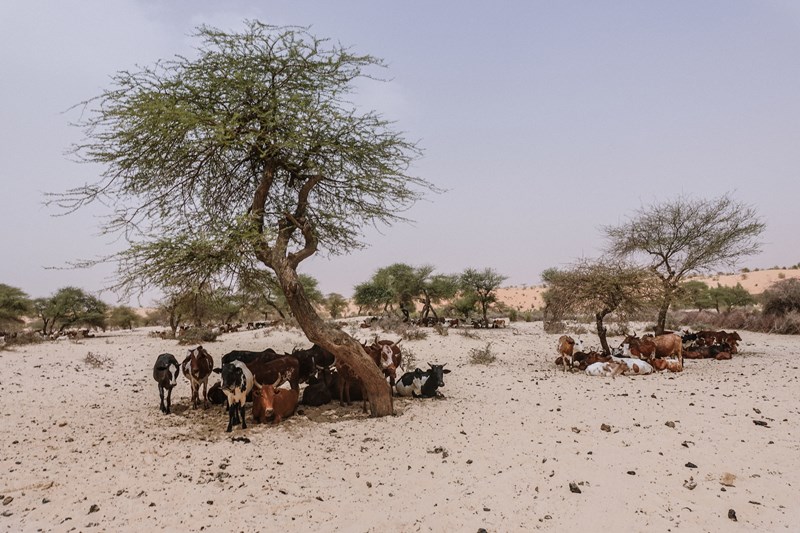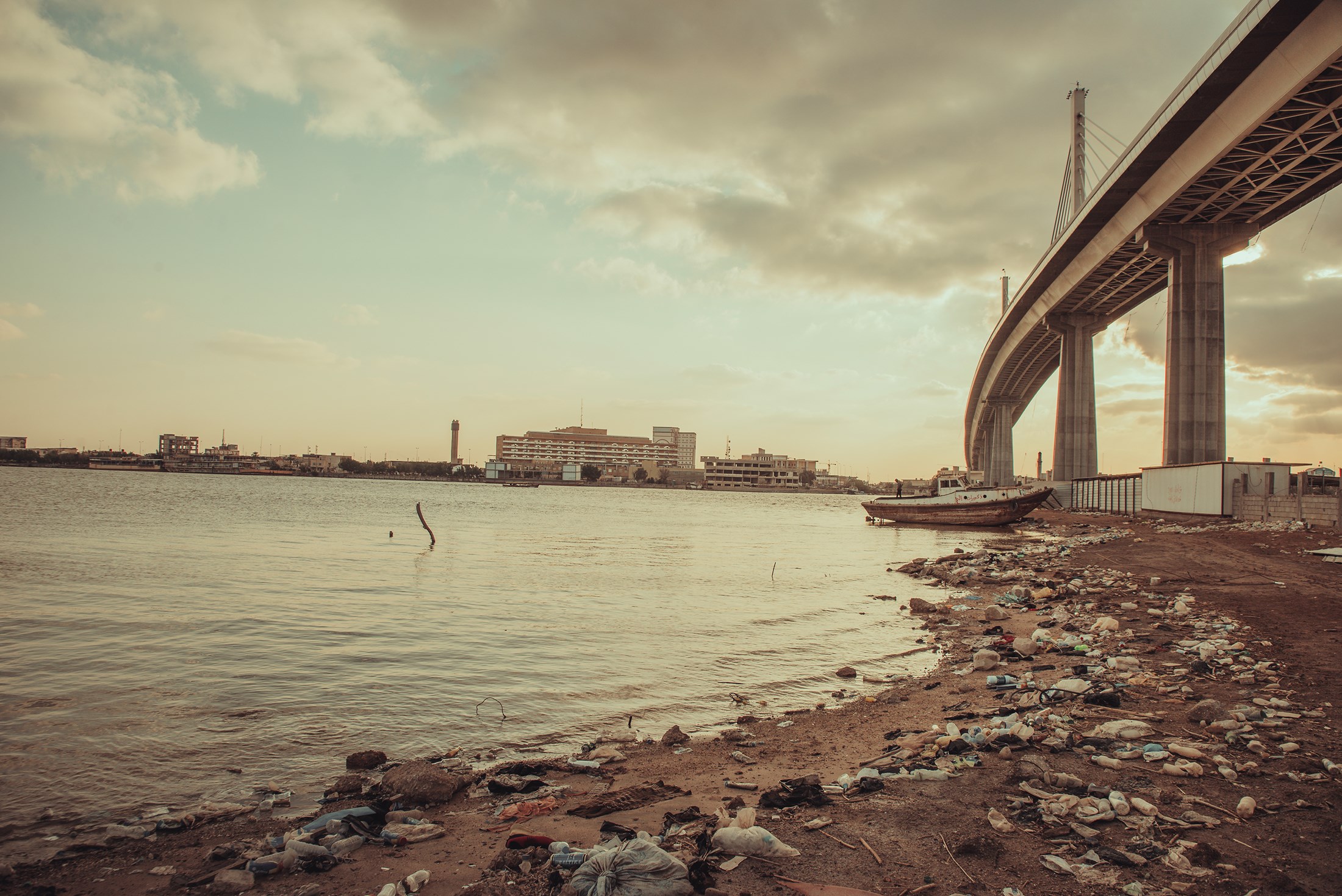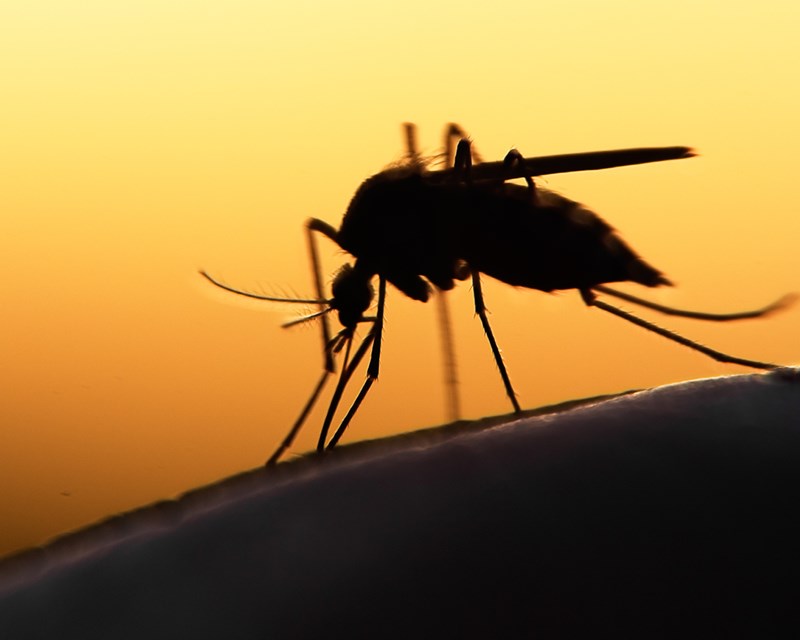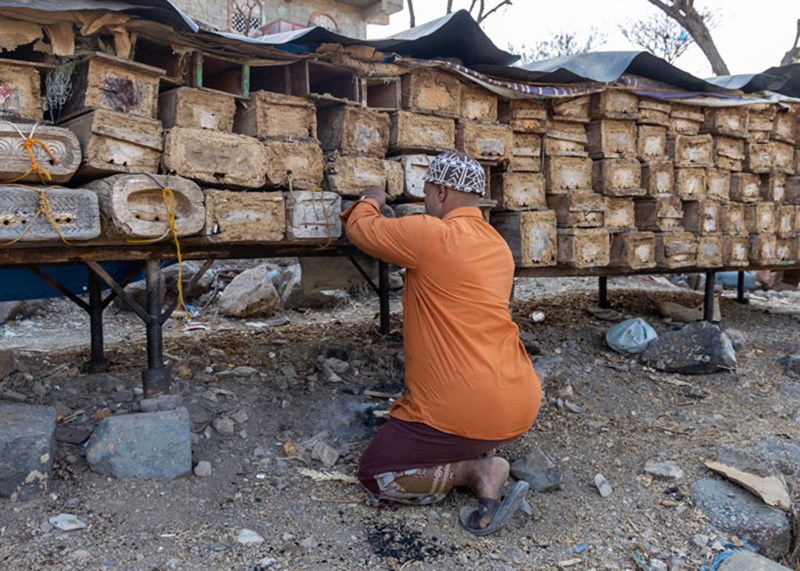According to a report by the World Resources Institute, a quarter of the world's population is facing extreme high-water stress. This is a startling statistic. It means that countries are using up almost all the water they have, and by 2050, one billion people are expected to be affected. Here in the Middle East, we could see an overall warming of five degrees Celsius before the end of the century.
These higher temperatures can have real life immediate consequences that we witnessed this summer, such as forest fires in Syria and unprecedented temperatures in Aden, Yemen, and in Basra in Iraq, causing rolling blackouts and shutdowns.
The International Committee of the Red Cross (ICRC) works in places affected by armed conflict and other situations of violence, so we're particularly concerned with what happens when these issues overlap with armed conflict and how that further exacerbates humanitarian needs.
Across our Middle East operations, we are witnessing this convergence of climate risk, environmental degradation, and armed conflict. We see how it threatens people's lives and livelihoods, how it impacts health and worsens water insecurity, how it degrades soil to hamper agricultural productivity and food security.

